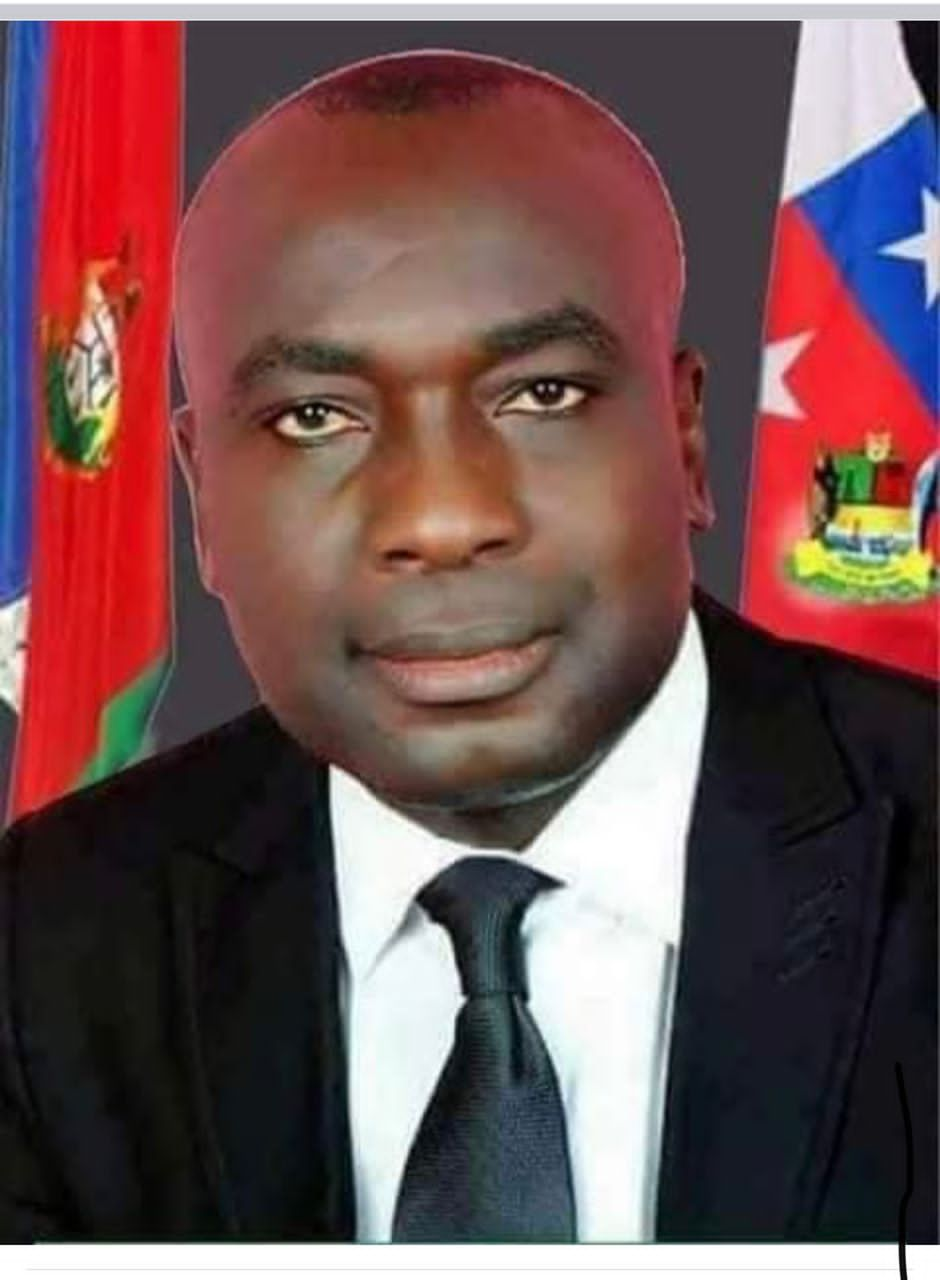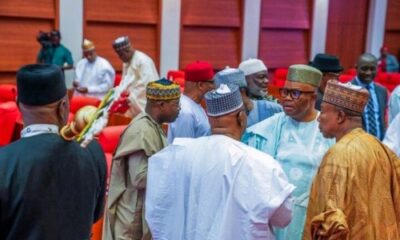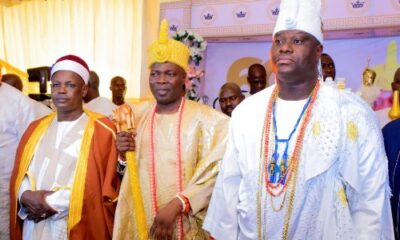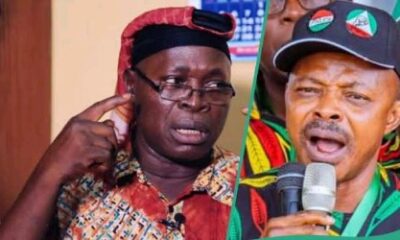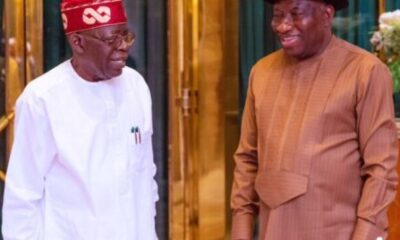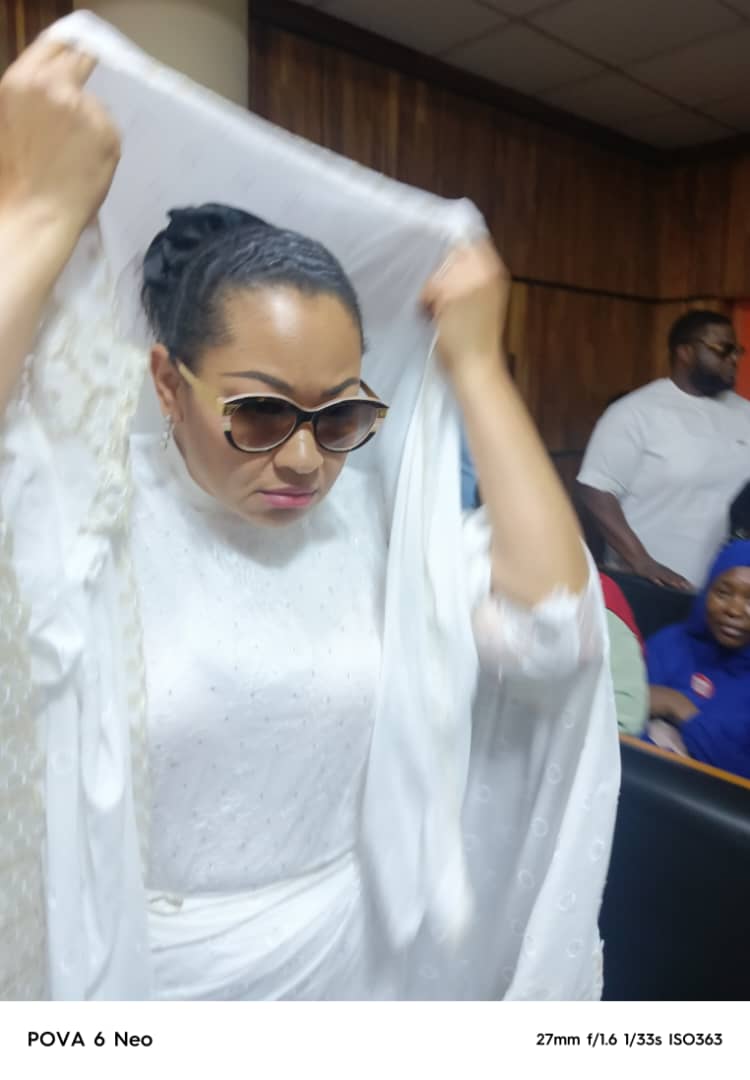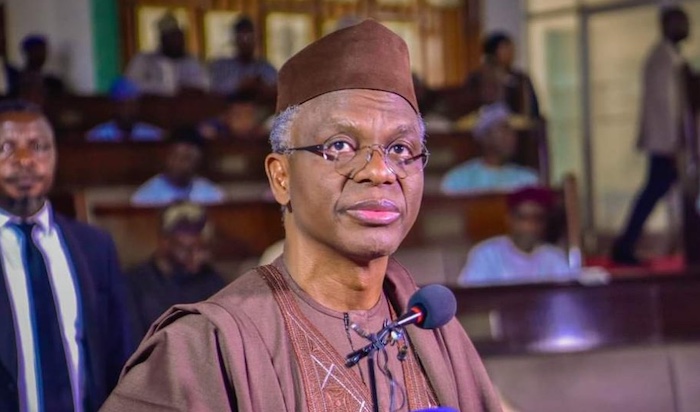…Says he’s eminently qualified to contest 2023 elections
I have just read a story currently trending on social media credited to the leading Human Rights Lawyer and Senior Advocate of Nigeria (SAN), Mr. Femi Falana to the effect that former President Goodluck Jonathan is constitutionally barred from contesting in the 2023 Presidential election. Mr. Falana predicated his position on the provision of section 137 (3) of the 1999 Constitution (as amended). I beg to disagree with Mr. Falana’s submission. It does not reflect the position of the law.
Beyond Mr. Falana’s submission, this issue has generated a lot of controversy in recent times, and in this short piece, I shall show that former President Jonathan is constitutionally qualified to contest in the 2023 Presidential election and that the provisions of section 137 (3) of the 1999 Constitution do not apply to him.
THE IMPORT OF SECTION 137 (3) OF THE 1999 CONSTITUTION (AS AMENDED) AND ITS ORIGIN
Section 137 (3) of the 1999 Constitution (as amended) provides thus:
‘A person who was sworn in as President to complete the term for which another person was elected as President shall not be elected to such office for more than a single term’’.
In simple terms, section 137 (3) means that a person who had completed the term of another person, just like former President Jonathan completed the term of late President Yar’Adua, can be elected for only one term.
However, the key question is whether this constitutional provision, that is, section 137 (3), applies to former President Jonathan in respect of his constitutional right to contest the 2023 Presidential elections. This leads us to the determination of its origin. Section 137 (3) came about as a result of the 10th alteration to the 1999 Constitution which was assented to by President Buhari on the 7th day of June 2018. In effect, the commencement date or the date section 137 (3) enters into operation is from the 7th day of June 2018. Now, former President Jonathan completed the term of Late President Yar’Adua from May 5, 2010, to May 29, 2011, and served a single term from May 29, 2011, to May 29, 2015.
The question is whether a law or constitutional provision which came into effect on the 7th day of June 2018, after Jonathan had served the term of Late Yar’Adua and a single term in office, has retrospective application to an event that occurred before the coming into effect of the law. The apex court in Nigeria, which is the Supreme Court, has distinguished between two sets of laws. That is, the substantive or organic and the procedural laws. Whereas substantive laws deal with substantive rights and obligations of persons, on the other hand, procedural laws deal with issues of procedure such as rules of court. As to the application of these two sets of laws to practical situations, the Supreme Court has provided a guide in a plethora of cases. In the recent case of Nwora & Ors v. Nwabueze & Ors (2020) ALL FWLR (Pt. 1029) 58, 93, paras A-H, a case that deals with one of the constitutional alteration bills signed into law by President Buhari on the 7th day of June 2018, the Supreme Court, Per Nweze, JSC stated the law in these words:
‘’Both in England and Nigeria, superior courts have made it, abundantly, clear that the applicable law to a cause of action is the law prevailing at the time the cause of action arose, notwithstanding, that the law has been revoked at the time the action is being trial … In all, it is a fundamental principle of our law that rights of parties in an issue in the litigation are decided based on the substantive or organic law in force at the time of the act in question. This distinguishes them from adjectival or procedural law where the rule governing practice and procedure is the rule in force at the time of trial or the application is heard unless there is provision to the contrary…’’
In simple terms, constitutional provisions or laws relating to the right to contest elections such as section 137 (3) fall under the umbrella of substantive or organic law and as the Supreme Court has repeatedly held, the substantive or organic law applicable is the law that was in existence at the time the act in question occurred. The simple reason is that laws generally do not have retrospective effect, except otherwise stated. In other words, laws apply only to acts that occur after the enactment of the law and not those that occurred before the enactment. See SHABA & ORS v. KPOTUN & ORS (2021) LPELR-54766 (CA), 29-30. The actin question here is that former President Jonathan completed the term of Late President Yar’Adua before spending another term as President from 2011 to 2015.
Clearly, from the foregoing statement of the law, the relevant questions that come to mind are:
i. When did former President Jonathan complete the term of President Yar’Adua and served one term?
ii. Was the provision of Section 137(3) the law in existence at that time?
The answers to the foregoing questions are not farfetched. Former President Jonathan completed the term of Late Yar’Adua from May 10, 2010, to May 29, 2011, and served one term from May 29, 2011, to May 29, 2015. Then, the answer to the second question is simple. Section 137 (3) was not in existence or operation from May 10, 2010, to May 29, 2015, when the act in question occurred; hence it is not applicable.
Based on the foregoing, I submit most humbly that the learned Senior Advocate of Nigeria (SAN), Mr. Femi Falana was wrong to contend that former President Jonathan is not qualified to contest the 2023 Presidential election based on section 137 (3) which came into effect on the 7th day of July 2018. Section 137 (3) does not apply to former President Jonathan and he is constitutionally qualified to contest the 2023 Presidential election if he wishes to aspire.
Eric K. Omare, Esq is the Principal Partner in the law firm of E. K. Omare & Co, based in Warri, Delta State, and can be reached via [email protected]

 BIG STORY3 days ago
BIG STORY3 days ago
 BIG STORY4 days ago
BIG STORY4 days ago
 BIG STORY2 days ago
BIG STORY2 days ago
 BIG STORY4 days ago
BIG STORY4 days ago
 BIG STORY3 days ago
BIG STORY3 days ago
 BIG STORY2 days ago
BIG STORY2 days ago
 BIG STORY4 days ago
BIG STORY4 days ago
 BIG STORY4 days ago
BIG STORY4 days ago




